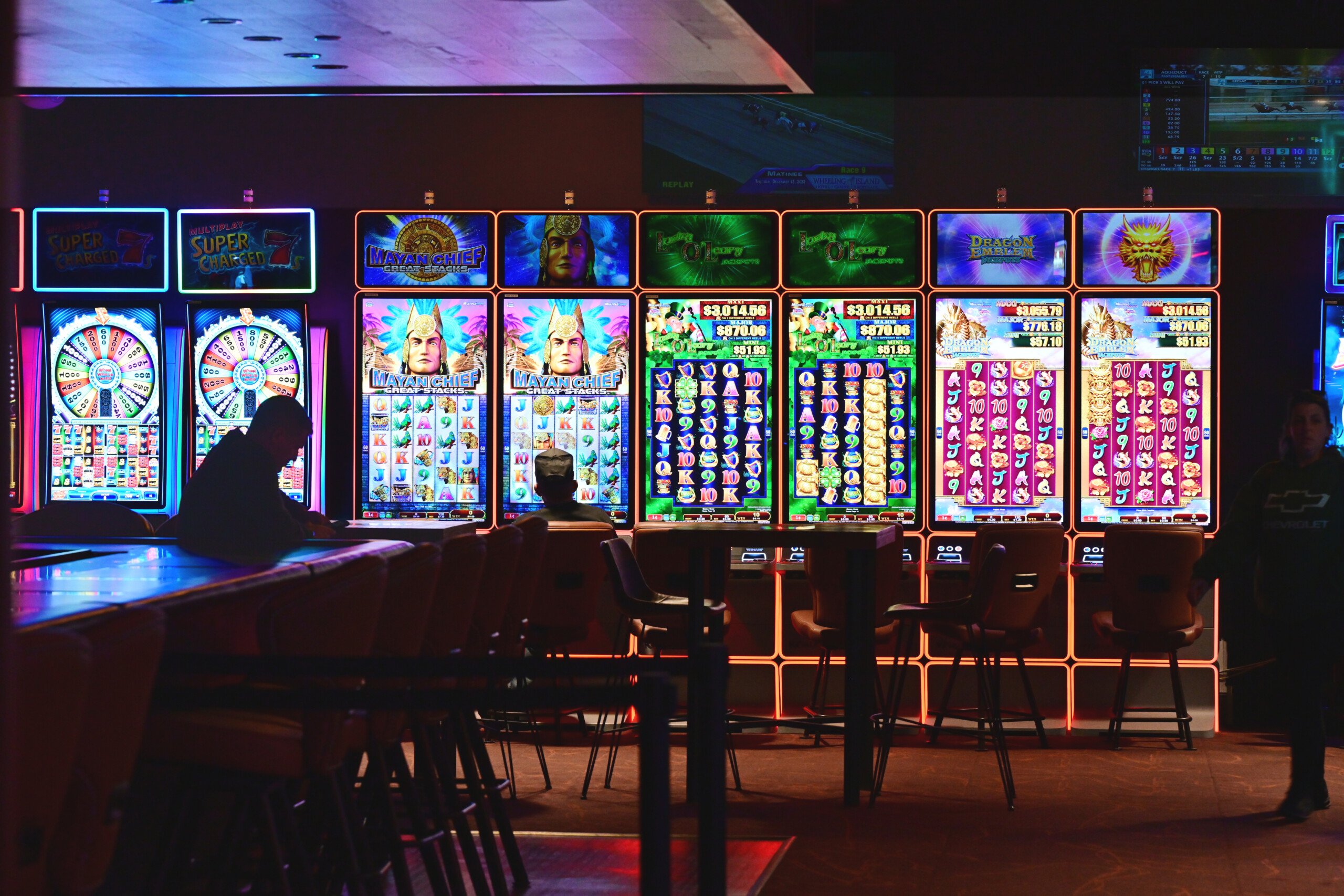A Cultural Influence of Casino Games Across the Globe
admin
- 0
Gambling games have long been a engaging source of amusement, drawing numerous of players from diverse cultures around the globe. From the lively casinos of the Strip to the busy gambling halls of the Chinese gambling capital, these games serve as a bridge that unites people across different backgrounds. The allure of chance, skill, and uncertainty entices not only those seeking to gamble for profit but also those looking for a shared experience.
The influence of casino games extends significantly past the gaming floor. They often embody the values and principles of the communities in which they flourish. Games such as poker, 21, and roulette have embedded themselves into the mosaic of cultural phenomena, influencing various aspects from movies to style. As we explore this fascinating intersection of luck and society, we can better understand how these games shape and are shaped by the surrounding world.
Historical Evolution of Gaming Activities
The beginnings of gambling activities can be tracked back to ancient cultures, where gambling in various forms was extensively performed. In China, around 2300 B.C., a type of gambling known as Keno was common, while in ancient the Roman Empire, soldiers would often bet on the results of their matches. The idea of using luck for entertainment and gain evolved over the years, leading to the establishment of more organized games. By the late Middle Ages, gambling houses started to surface in European nations, particularly in Italy, which introduced early incarnations of well-liked activities still practiced today.
As gambling expanded popularity in the continent, the 17th and 18th centuries saw the appearance of gaming houses as exclusive locations for betting. The earliest official gambling house, the Ridotto, was established in the city of Venice in the year 1638, featuring activities like Baccarat games and the game Faro. This era marked a major shifting point, as casinos began to welcome not just the high society but also the growing middle-income class. The complexity of activities evolved, leading to the development of new rules and modifications that enhanced the play experience.
In the 19th century, the industrial age and changes in social standards additionally altered the landscape of gaming games. The launch of the game of roulette and modern one-armed bandits pulled in a more diverse audience, and gaming houses became seen as acceptable fun. This time witnessed the worldwide proliferation of gambling, as gambling houses extended from Europe to the Western Hemisphere, culminating in the establishment of the legendary Strip of Las Vegas in the twentieth century. The development of gambling games has persisted into the current era, incorporating modern technology and online sites, making them accessible to a universal population.
# Cultural Relevance in Various Societies
Gambling games have profound cultural value within numerous cultures across the globe. In Las Vegas, the very core of the city is woven around gaming venues, where gambling is not just a hobby but a key aspect of entertainment and community life. The bright lights and lively atmosphere attract millions, showcasing how games of chance can impact local economical structures and local cultures. This environment transforms the notion of recreation into an engaging event that influences style, melodies, and even cinema.
Conversely, some societies approach betting with an air of caution, viewing it through the lens of ethical beliefs and tradition. OKE179 For example, in many Asian societies, games like Mahjongg and Pai Gow Poker are full of history and possess significant social meanings. These games are often played during meetings and celebrations, fostering collective connections and solidifying family ties. The act of participating in these games goes beyond mere leisure, reflecting ethics such as respect for elders and the value of collective enjoyment.
At the same time, in Western countries such as Monaco and Rome, gambling activities serve as symbols of luxury and elegance. The refined atmosphere of these establishments attracts both visitors and residents, upholding a sense of distinction and exclusivity. The art of the game of poker and the strategic features of games like baccarat are esteemed, influencing community relationships and cultivating an allure that captivates a heterogeneous audience. This underscores how gambling can simultaneously reflect and shape cultural perspectives towards danger, gain, and relationship building.
Economic Impact and Travel Industry

Gambling activities play a crucial role in the financial context of many regions, particularly those that depend significantly on tourism. The revenue generated from gambling establishments fuels local financial systems, creating jobs not only within the casinos but also but also in related sectors such as hospitality, dining, and recreation. This surge of tourists, drawn by the allure of games and the overall casino experience, stimulates expenditure across multiple local enterprises, contributing to the economic health of the region.
The existence of casinos often leads to the development of facilities, including lodging, public transit, and recreational facilities. These improvements are essential in improving the overall visitor satisfaction, making locations more appealing to visitors. Additionally, many casinos invest in local communities through support of activities and charitable initiatives, further integrating themselves into the community structure of the locality. Such investment not only supports economic growth but also cultivates a positive reputation of the gambling sector.
In addition, the global popularity of casino games drives competitive tourism, with regions vying to attract gamblers from around the world. Iconic destinations like Las Vegas and Macau have become identifiable with casino culture, drawing millions each year. This advantage encourages creativity and diversification within the gaming industry, influencing developments in leisure and accommodation that resonate beyond their limits. The ripple effects of this visitor influx extend wide, impacting local financial health and cultural interactions on a worldwide scale.